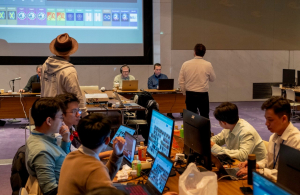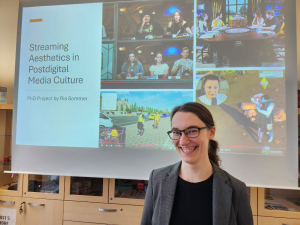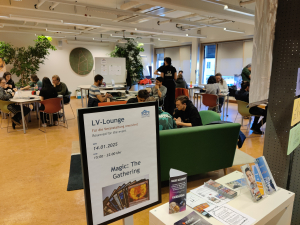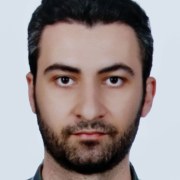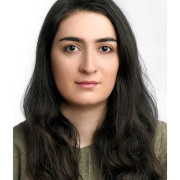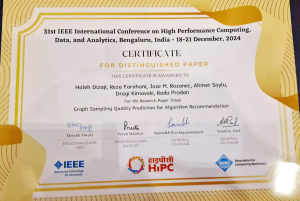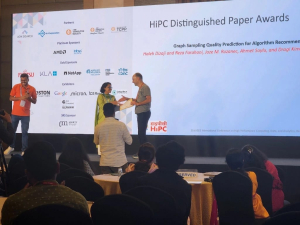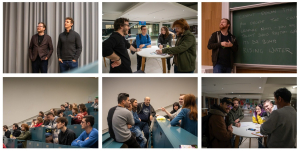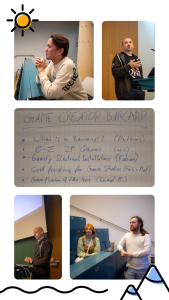On January 8th, 2025, the 14th Video Browser Showdown (VBS) took place at the International Conference on Multimedia Modeling (MMM2025), in Nara, Japan. 17 international teams competed against each other over about five hours and solved very challenging tasks. VBS is the largest international video retrieval competition and teams had to perform search in a dataset with a total of 31.715 video files and 5.930 hours, coming from the V3C, LHE, and MVK video collections. This year, in addition to the typical task types, such as KIS-V/KIS-T (known-item search with visual and textual hints), AVS (ad-hoc video search) and QA (interactive question answering), we had a new category called KIS-C (conversational known-item search), where an oracle of a few people mentioned hints and answered questions to the teams about the scene of interest. Overall, VBS2025 was a challenging and fascinating event, with a lot of fun, exciting queries, and great video retrieval systems.
We would like to thank the 17 teams with 95 unique authors from 13 countries for their participation and congratulate them to the great success at VBS2025. Congratulations in particular go to
– the NII-UIT team, who was the overall winner and provided the best expert system
– the VEAGLE team, who provided the best novice system
Also ITEC’s video retrieval system, diveXplore, performed very well and achieved the 3rd place in the overall scoring.
VBS is a huge event that requires a lot of organization efforts.
Many thanks go to Werner Bailer for creating and checking all the queries in advance, to Cathal Gurrin for doing an amazing job at moderation over 5 hours, to all the live judges (Dimitris Georgalis, Gylfi Þór Guðmundsson, Björn Þór Jónsson, Andreas Leibetseder, Laura Rettig, Heiko Schuldt, Dimitris Stefanopoulos) for assessing submissions that could not be evaluated automatically, the oracle members (Björn Þór Jónsson, Stevan Rudinac, Heiko Schuldt) for exciting query hints, the developers of the distributed retrieval evaluation servery (DRES) (Luca Rossetto, Loris Sauter, Ralph Gasser), the creators of the datasets (particularly Luca Rossetto and Sai-Kit Yeung), and all the local organizers of MMM2025 (Ichiro Ide, Ioannis Kompatsiaris, ChangSheng Xu, Keiji Yanai, Chong-Wah Ngo, Shin’ichi Satoh, Marc Kastner, and others). THANK YOU ALL SO MUCH!
